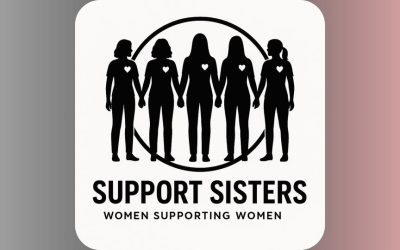Have you ever criticized yourself after something bad happens? Did you call yourself names? Did you wish you were different, or better, or worse yet, anyone else? Have you ever been in a situation where you think you’re not enough?
Let’s try another perspective. Say a friend comes to you with feelings of remorse or negative self-talk. What do you say to that friend? I highly doubt you agree with the friend; instead, you show compassion, you’re concerned, you express sympathy and/or empathy, you are there for that person.
Now pivot this strategy inward. Self-compassion centers around your ability to give yourself grace & understanding, especially during difficult situations. According to Psychology Today, self-compassion is being able to relate to yourself in a way that’s forgiving, accepting, and loving in less-than-ideal situations.
We all set standards for ourselves, whether or not we know it. Internally, we have a desire to do life well and if things don’t go according to our plan, we are likely the first people to rag on ourselves. Instead, we need to start practicing positive self-talk.
Positive self-talk does not necessarily mean we have to call ourselves the most beautiful or the most successful. We need to understand our humanity, our shortcomings, our beyond-our-control challenges. We need to reflect on what didn’t go right, give ourselves grace, and strategize on how to improve in the future. Basically, be your own best friend.
So when the New Year’s resolutions become too much to handle (or maybe they already have), no need to say, “I can never keep up with a resolution.” Instead, try something deeper and more mindful, like, “It’s a struggle for me to maintain lofty resolutions; this year, I will try to make small improvements because every victory counts!”
Be kind to you.





0 Comments